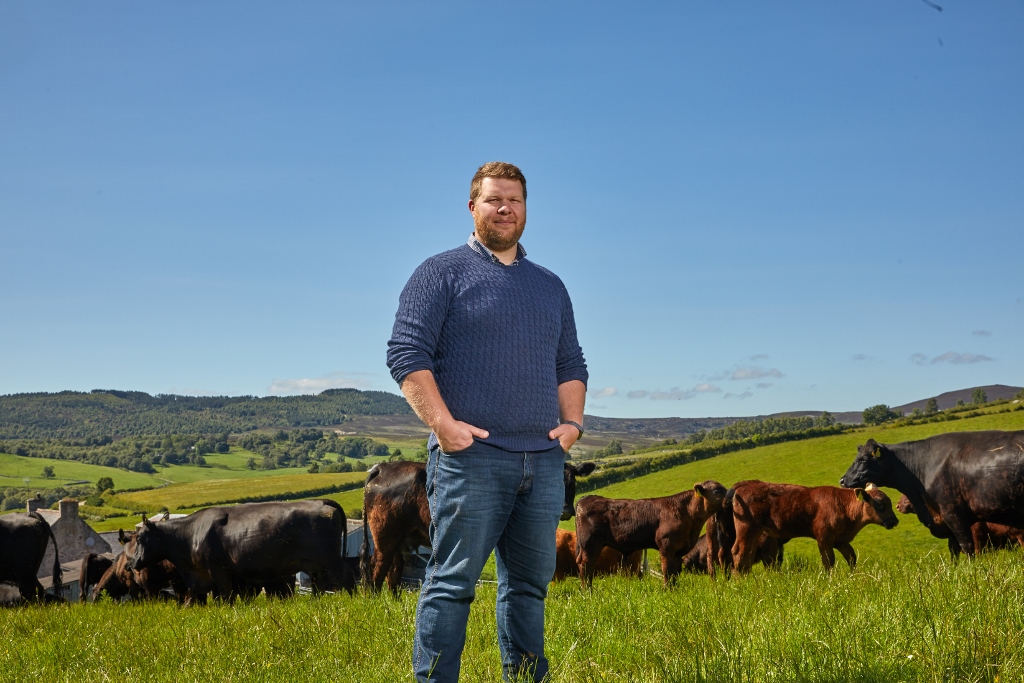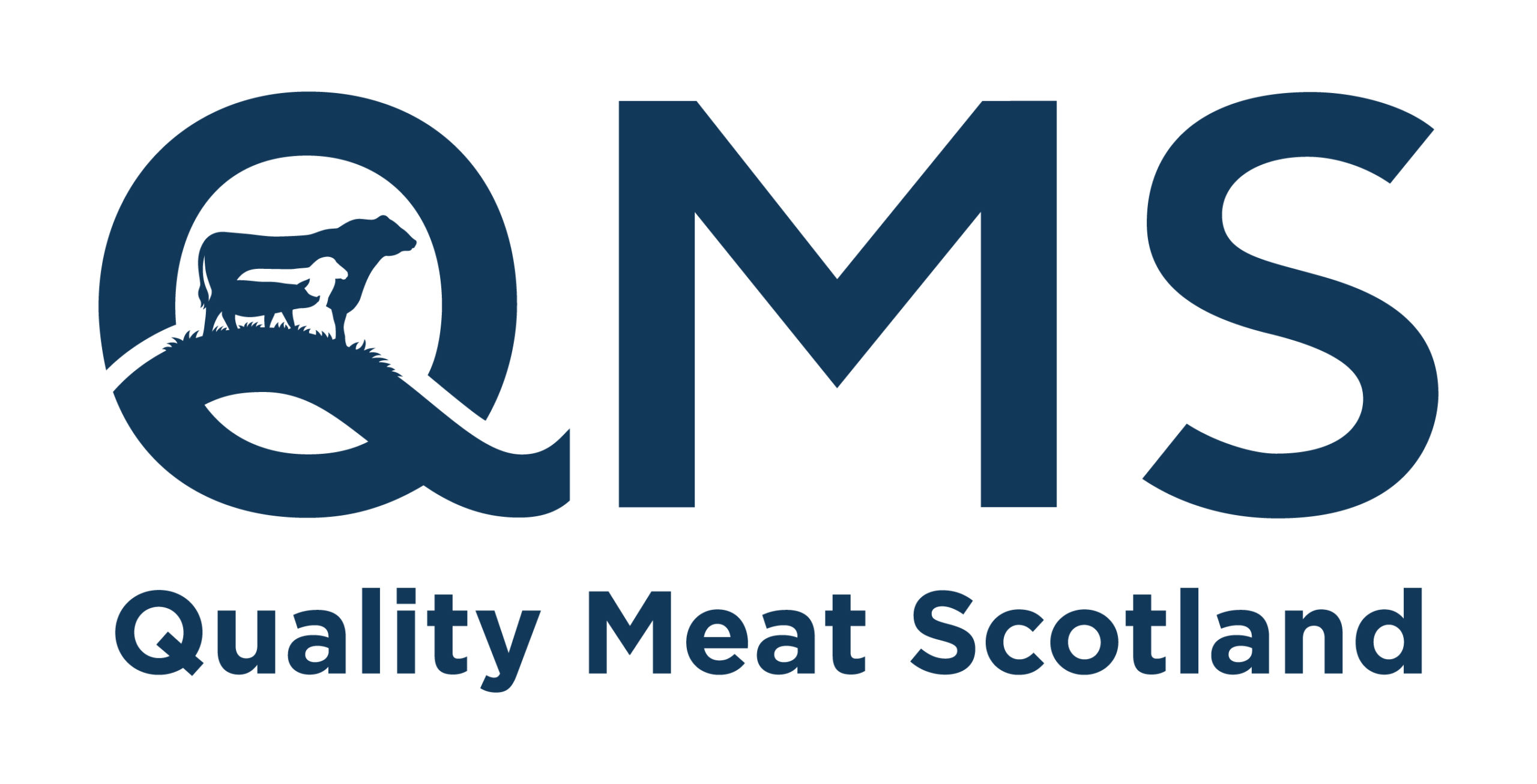By Bruce McConachie, Head of Industry Development at Quality Meat Scotland.
I recently saw a picture of a cow on its knees squeezing under a barbed wire fence to get fresh spring grass on the other side, a funny image when you see that 20 feet along the fence, the gate into the grass park is open.
While this was an amusing enough image to come across on a Sunday evening, it’s also a valuable demonstration of how we can often be blinkered in our processes. That cow saw fresh spring grass and wanted to maximise its intake as soon as possible so it took the most obvious and direct path to get it, a straight line.
While this very often gets results, it’s becoming less and less efficient. To take a phrase from the business world that has started to trickle in to farming more and more of late; we need to ‘work smarter, not harder.’
We might see an outcome and go for it flat out, and a lot of the time that might get the job done, but the days of just forging on in the most obvious route have run their course, and we can’t rely on the age-old mantra of Scottish farming anymore: ‘it’s aye been.’
During his tour to Scotland a few years ago New Zealand farmer Doug Avery highlighted the importance of learning to ‘control what you can control’ and worrying less about what you can’t. We can’t control the cost of nitrogen, diesel, or other inputs, but we can control how much we use them, or how we use them.
With the incredible change in cost of production it’s important that we are able to think outside the box. Now is the time to be hungry for advice, and hungry for new information and knowledge. For example, when relying on a ‘healthy dose of nitrogen’ is unaffordable, it’s time to look at what other management practices can help boost production and reduce the cost of inputs.
The pioneer of soil health, Gabe Brown, is something of a hero of mine and in his fantastic book ‘Dirt to Soil’ he points out that his priority is profit, not yield, and that’s the overriding principle of optimised production: you utilise every inch of your farm to make sure it’s firing on all cylinders, and constantly renewing itself.
Simple practices can help to maximise these inches, like ensuring your grasslands are made up of a diverse species mix. Biodiversity through a mixture of plant species improves soil function and nutrient cycling which, in turn, helps to improve productivity. As well as that, rotational grazing can not only help to improve the utilisation of grass (remember the old adage “grazed grass grows grass”?), but it can help in forward planning too: grass growth is more easily observed, and you can see what grass stocks you can have in front of the grazers to help budget your feed and, critically, even help extend your grazing season.
We can’t stand by and hope that the farmgate price will suddenly save us. We can’t control that any more than we can the price of oil. But if you can optimise your business and maximise your margin then you’re more resilient to market volatility.
And that’s why optimising businesses will be at the core of our new Monitor Farm Programme, launched later this month. At this point in our journey, to find out what Scottish agriculture can achieve, we’re excited to show everyone our bold new vision for delivery. It’s a programme aimed at representing the whole of the Scottish livestock sector and reflecting the incredible potential of Scottish farming businesses.
The new programme will be guided by the farming community and will be aimed at getting ‘under the bonnet’ of farming businesses and analysing and benchmarking business performance as well as providing innovative research and development. This programme will take a closer look at all the issues affecting the industry, from dry matter to succession, and from manure to marketing. It will be both industry-leading, and industry-led.
French farmers are great at revolution, and at times it’s tempting to hook up a muck-spreader and redecorate Holyrood or Westminster, but what we need is not revolution but constant, effective evolution. Our new Monitor Farm Programme is an evolution of how we talk about farm businesses, and how we make the most of our margins.
Scotland is the country that invented penicillin, the pneumatic tyre, and the television, and Scottish farming has the same immense potential to become one of the most dynamic, modern, and sustainable systems in the world, and that is the ultimate aim of the Monitor Farm Programme.
Let’s think less about what’s ‘aye been’ and more about what could be.
JCM Media Contact: Rose Moggach – rose@janecraigie.com

